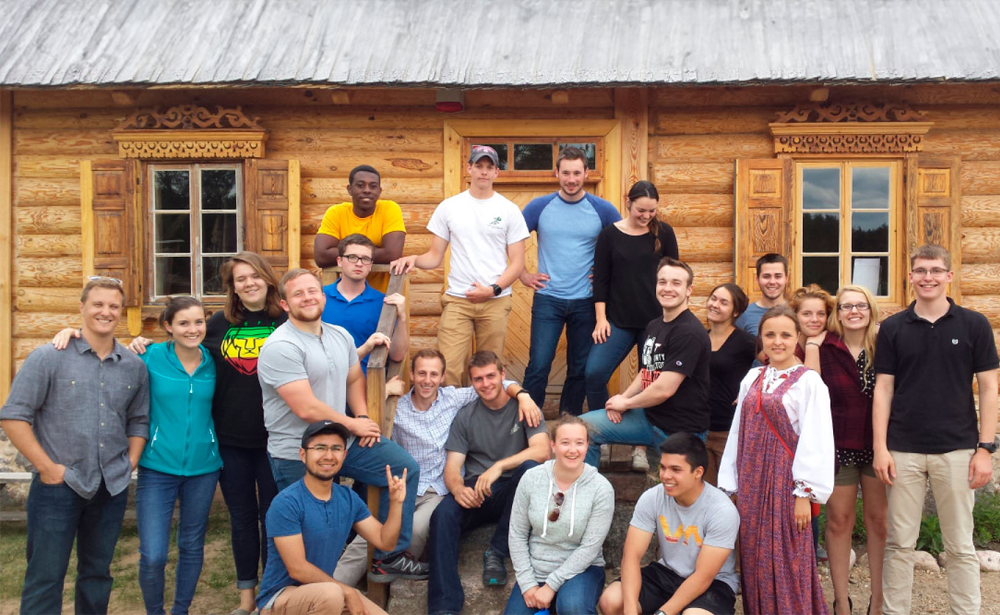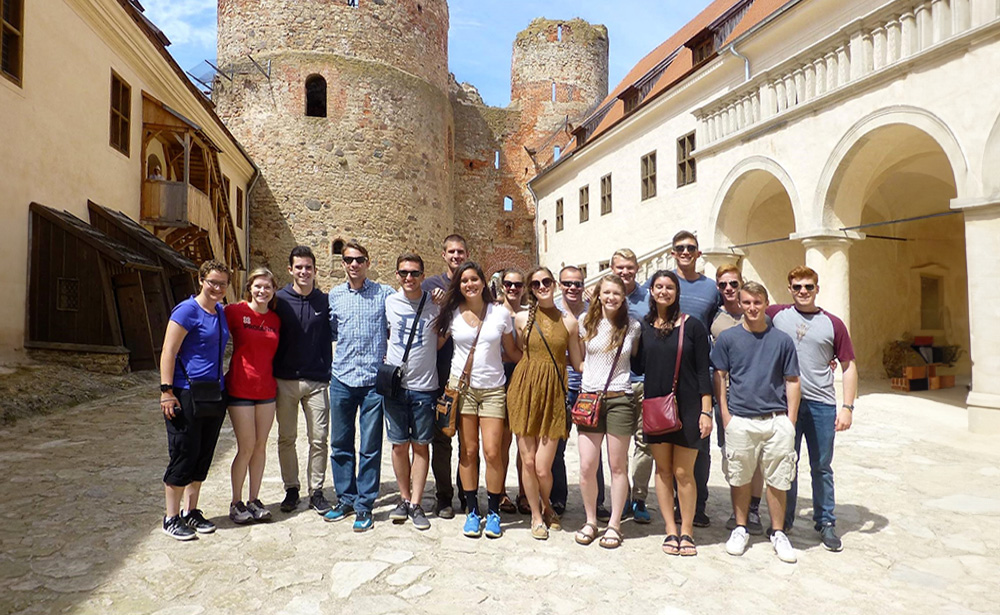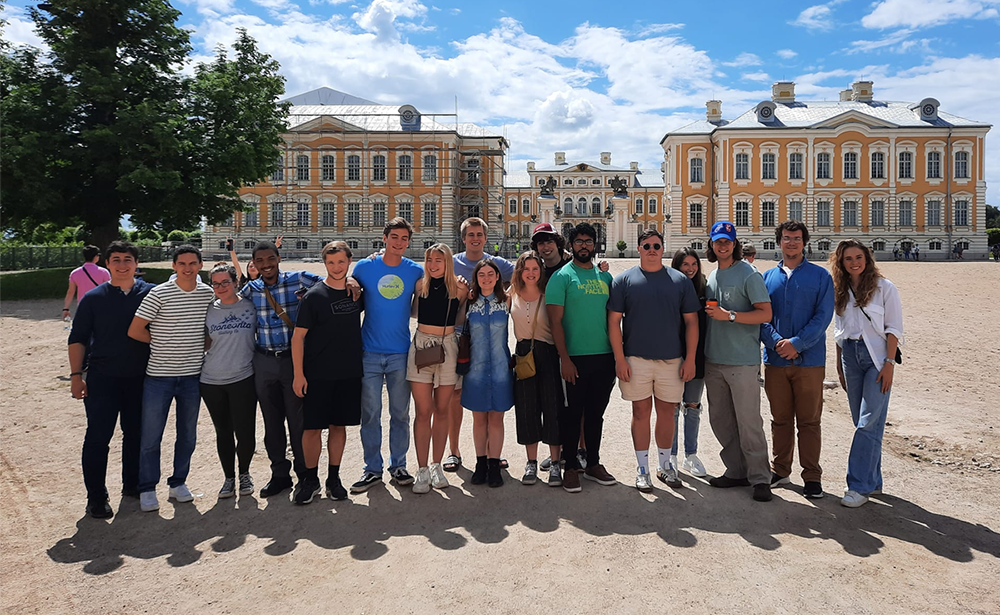Russian Colloquial Words and Phrases Which You Should Know

Russian colloquial words are slang words that were derived from various popular nouns. Most probably you have heard these words from your Russian friends, or have seen them on the Internet. In the article, you can find examples of how to use these words when you speak Russian.
Приветик!
- Приветик! [pree-VYE-teek] Hi! – an informal greeting you can often hear from your friends.
For example:
Приветик! Как поживаешь? [Pree-VYE-teek! Kak pozhivaesh?] Hi! How are you?
An example of informal goodbye:
Пока-пока!
- Пока-пока! [pa-KA pa-KA] Bye-bye! – an example of informal goodbye.

For example:
До завтра! Пока-пока! [Do zavtra! Pa-KA pa-KA!] See you tomorrow! Bye-bye!
Как делишки?
- Как делишки? [KAK dee-LEESH-kee] how are you? – this colloquial phrase was originated from «Как Дела?» или «Как ты?» (How are things? How are you?).
For example:
Привет! Как делишки? [Privet! KAK dee-LEESH-kee?] Hi! How are you?
Супер-пупер!
- Супер-пупер! [SOO-pyer POO-pyer] super-duper! – this phrase looks like a translation from English and is often used in Russian speech.
For example:
У него дом просто супер-пупер! [U nego dom prosto SOO-pyer POO-pyer!] He’s got a super-duper house!
Чудненько
- Чудненько [CHOOD-neen’-ka] sweet, excellent, cool – this is a diminutive adverb which is derived from the word “lovely”.

For example:
– Как жизнь? [Kak zhizn?] How’s life?
– Чудненько! [CHOOD-neen’-ka] – Sweet!
Спасибки!
- Спасибки! [spa-SEEP-kee] thank you, thanks – the word is derived from “спасибо”.
For example:
– С днём рождения! [S dnem rozhdeniya] Happy Birthday!
– Спасибки! [Spa-SEEP-kee!] Thanks!
Угарный
- Угарный [oo-GAR-niy ] funny – this slang word is mor often used to describe something or somebody funny.
For example:
Этот щенок такой угарный! [Etot schenok takoy oo-GAR-niy!] This puppy is so funny!
Мобила
- Мобила [ma-BEE-la] a mobile/cell phone – a slang word that denotes a mobile phone.
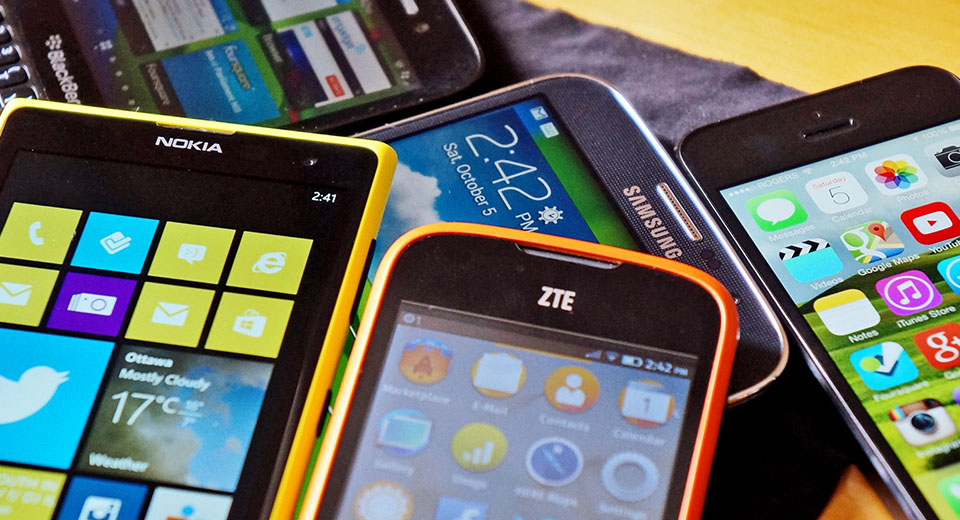
For example:
У тебя классная мобила! [U tebya klassnaya ma-BEE-la!] You have a cool mobile phone.
Чаёк
- Чаёк [cha-YOK] tea – this diminutive word is derived from the noun “чай”.
Вечером будем пить чаёк. [Vecherom budem pit cha-YOK] In the evening we will drink tea.
Печенька
- Печенька [pee-CHYEN’-ka] a cookie, a biscuit – you can come across this word in the colloquial Russian language, it was derived from the noun “печенье”.
For example:
Печеньку будешь? [Pee-CHYEN’-ku budesh?] Do you want a cookie?
Липовый
- Липовый [LEE-pa-viy] fake – this word means “fake”, and it is historically related to a linden tree.

For example:
У него липовые документы. [U nego LEE-pa-viye dokumentyi] He’s got a fake documents.
We hope you have liked the article, and now you know more about a lot of Russian colloquial words and their origins.
You may be interested
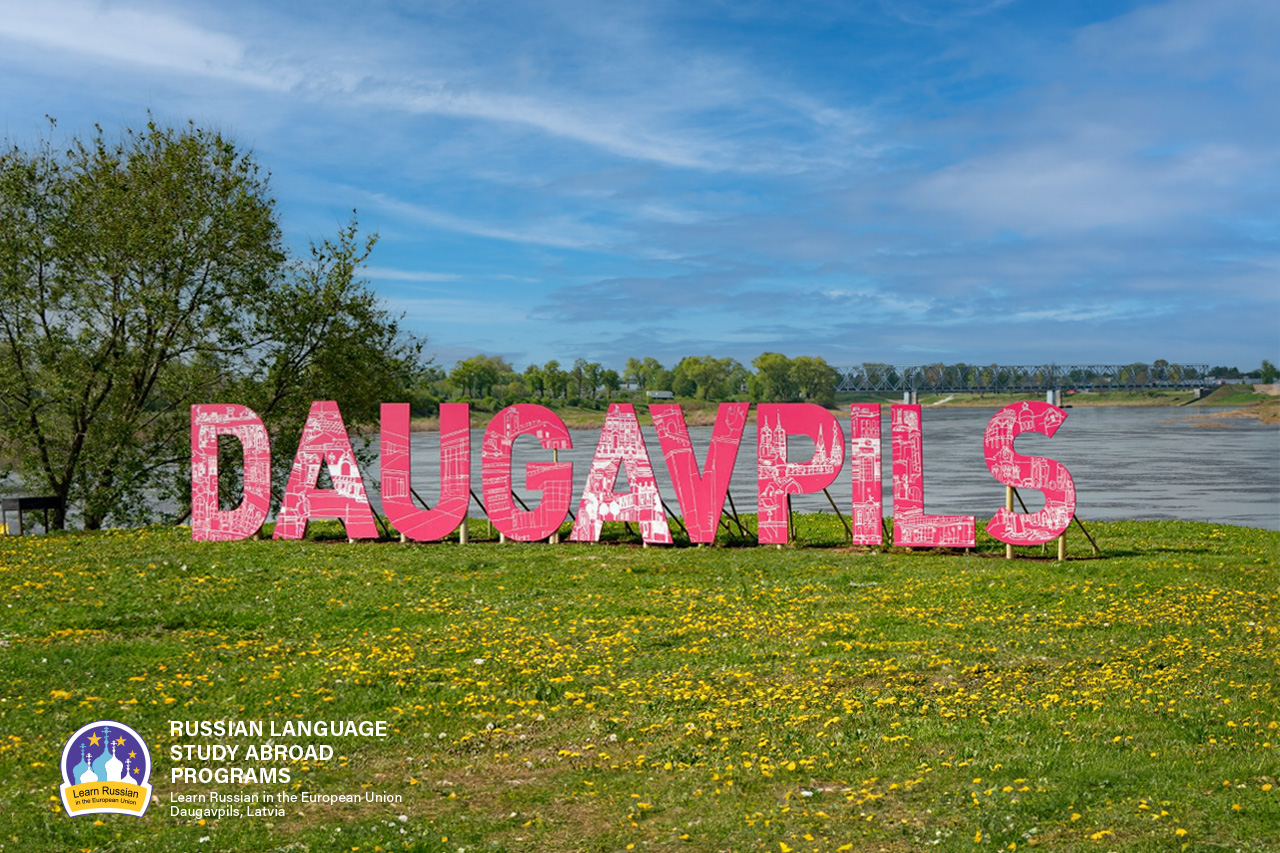
Why do people speak Russian in Daugavpils?
As it seems to us, Daugavpils is the best place to learn Russian now, because our city is situated in the EU and NATO, but at the same time 90% of the city’s population speak Russian at home.

ЭТЮД О ДВИНСКЕ
Etude on Dvinsk by F.Fedorov
The Baltic region is one of the most catastrophe prone regions of the 2nd millennium, especially its second part; it is the centre of attraction of ‘geopolitical’ interests of the European world. Probably the most tragic fate has befallen to the eastern part of the present Latvia and its multi-titled town of Dinaburg – Dvinsk – Daugavpils. During its 730 years long history, the town went through five rather autonomous periods of development, five different lives (German, Polish, Russian, Latvian, Soviet), and at the beginning of the 1990s it entered into the 6th period.
The history of Dinaburg – Dvinsk – Daugavpils is the history of five attempts by the town to begin its life anew; and this is determined not only by the fact that the town was four times burned down and had to start life from scratch, but first and foremost because each of these periods was characterized by a total change of ethnos and the socio-cultural field.
The present article deals with the cultural space of the town in one of the most efficient periods of its development – from the 1860s till World War I.






